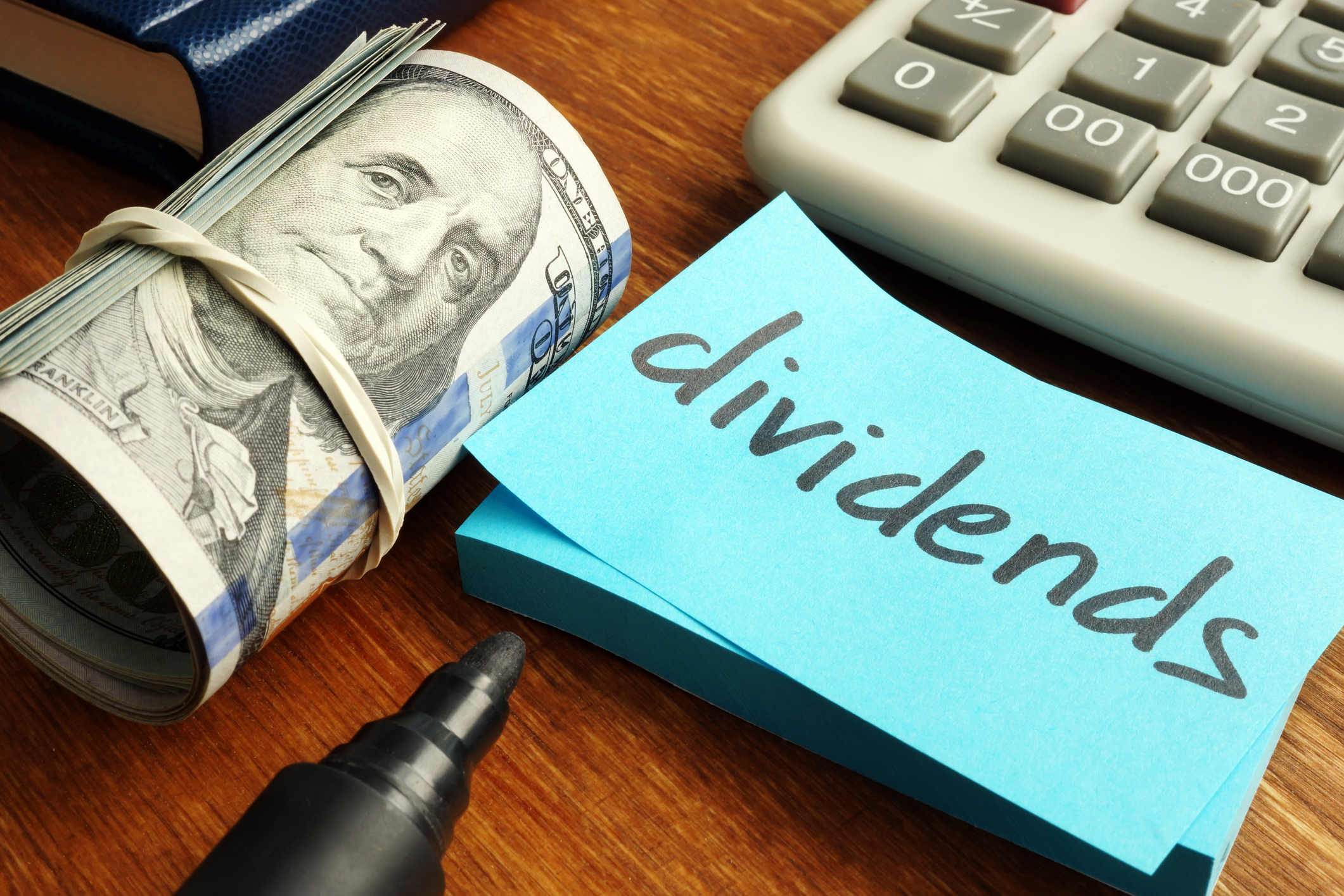Just like everything that goes up must come down, eventually, every investment that's bought must be sold. Learn about the different types of disposition, the basics of how it works for different investments, and what this means for you as an investor.

What is disposition in investing?
For stock investors, the act of disposition is pretty simple. Disposition is all about selling assets, and if you own stocks or other easily sold assets, such as bonds, disposition is a pretty simple process. Common stocks from public companies are simply sold on their proper exchange, and you receive some money in a few days and pay capital gains taxes if they apply.
You can do something similar with bonds and mutual funds, both of which can be sold on a secondary market to willing and eager buyers. For mutual funds, you may also be able to sell back to the original fund. All these methods create a risk of capital gains if you profit from your investments.
What is business disposition?
If, on the other hand, the business you own needs to sell off some assets, that disposition is highly regulated by the U.S. Securities and Exchange Commission (SEC) for any publicly traded companies. Disposition for companies also occurs when a piece of equipment reaches the end of its life and needs to be disposed of or when assets are stolen and must be recorded on the balance sheet.
The SEC has specific recording requirements for these types of dispositions. As an investor, this is good news because it means you can see exactly how much was disposed and, sometimes, the logic behind the disposition. If the disposition is considered "significant," which generally means dumping assets worth more than 10% of the most recent fiscal year's total assets, it will require reporting.
What is the disposition effect?
Behavioral economics also has something to say about disposition, in the form of a concept known as the "disposition effect." Simply put, the disposition effect says that investors tend to sell winners too soon and losers too late.
The disposition effect is essentially the complete opposite of the old wisdom of buying low and selling high. It's often caused by a low risk tolerance for loss, which is why we always advocate for a long investing time horizon when choosing stocks, as well as dollar-cost averaging to help balance the market's fluctuations over time.
Related investing topics
Why disposition matters to investors
There are many types of disposition, so there are many reasons that it matters. For investors who need to sell their investments, disposition is a vital method by which they can recapture some or all of their initial investment. There's often a tax liability involved unless the disposition was made for the purposes of tax loss harvesting, of course.
This is also important to understand if you're an investor who owns stocks in a company with a disposition on its 10-K. If it shows up there, it's because it's a significant disposition, equivalent to at least 10% of the company's recent asset reporting. This can be a sign of a serious problem within the company, one that requires it to raise capital quickly, which may be seen in smaller businesses.
In other cases, disposition may occur because a lot of stuff is about to be upgraded. New production lines, for example, may follow a big disposition of the old ones.



















